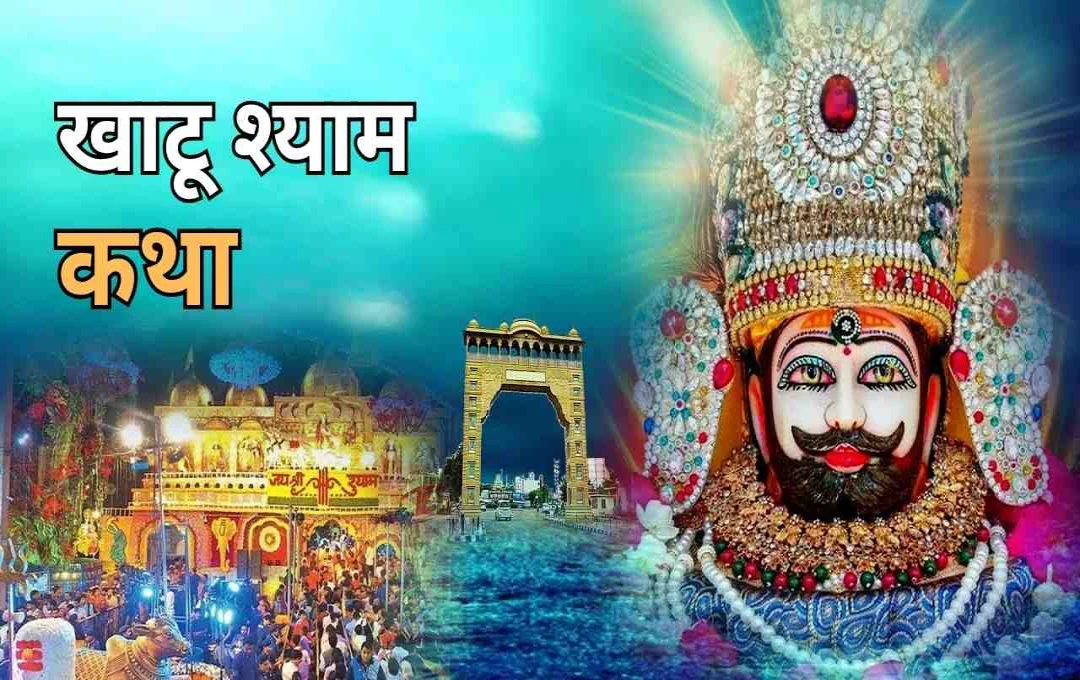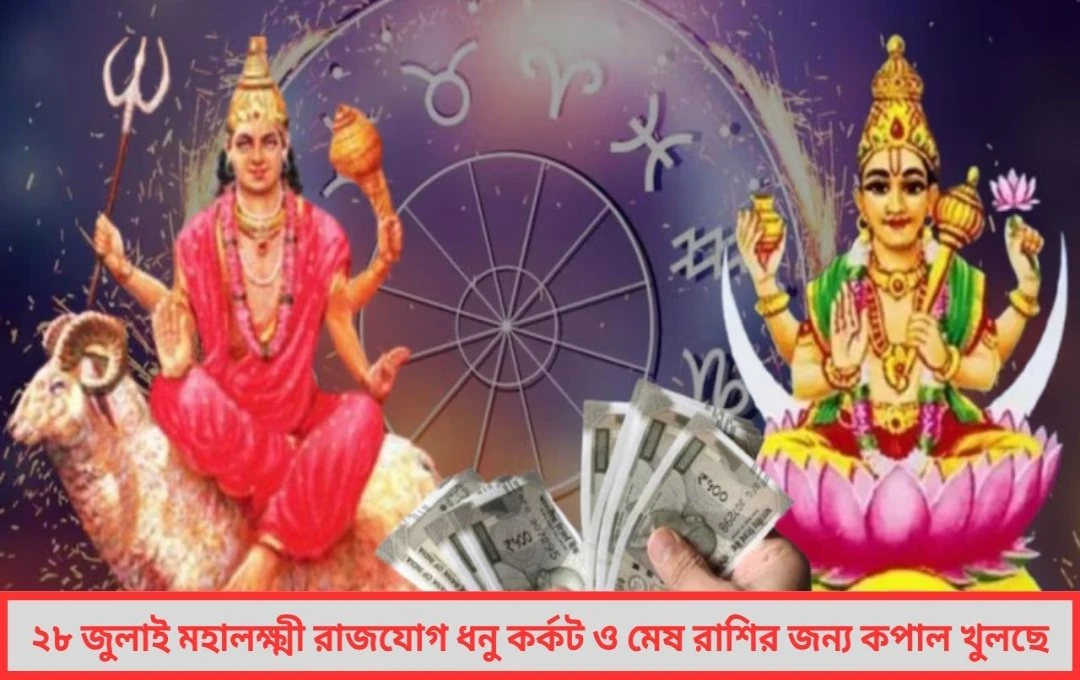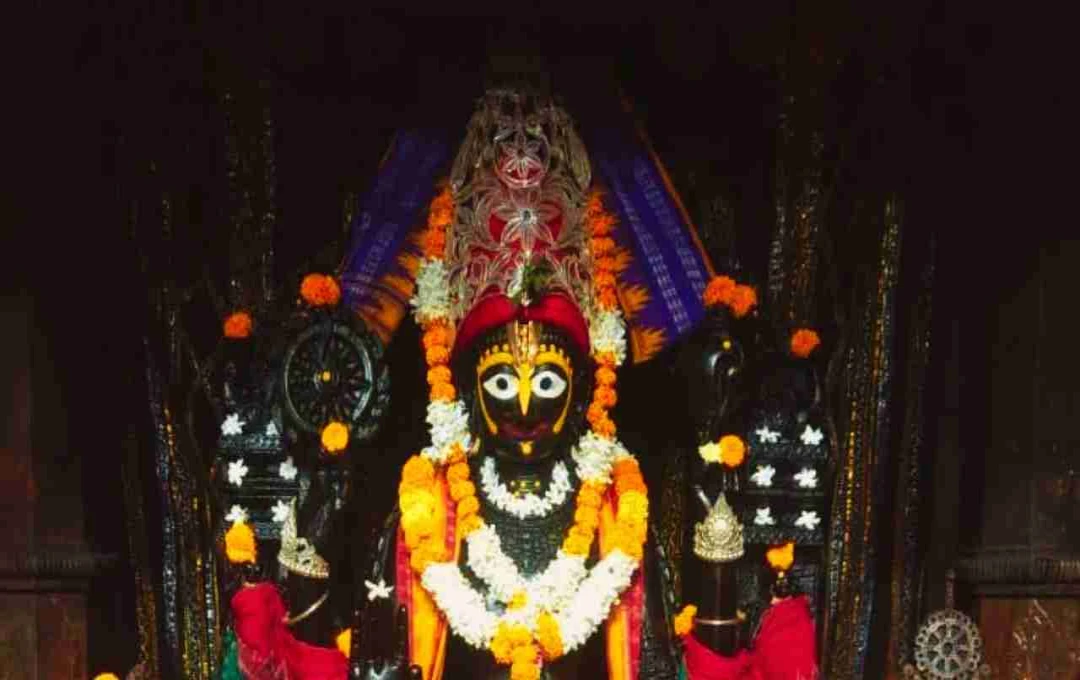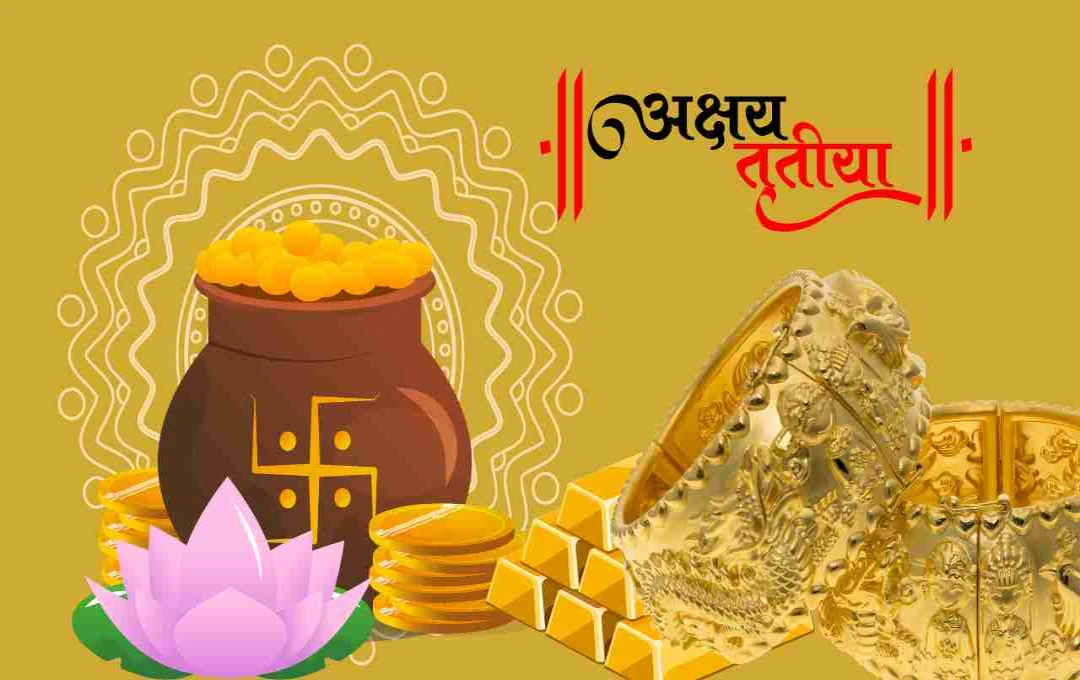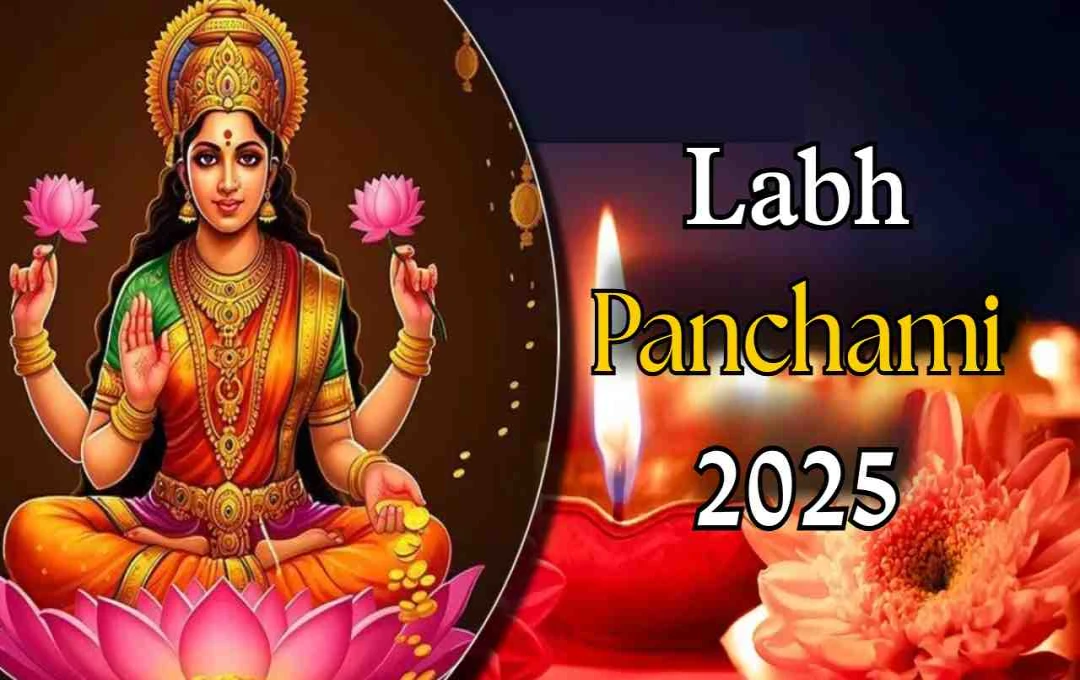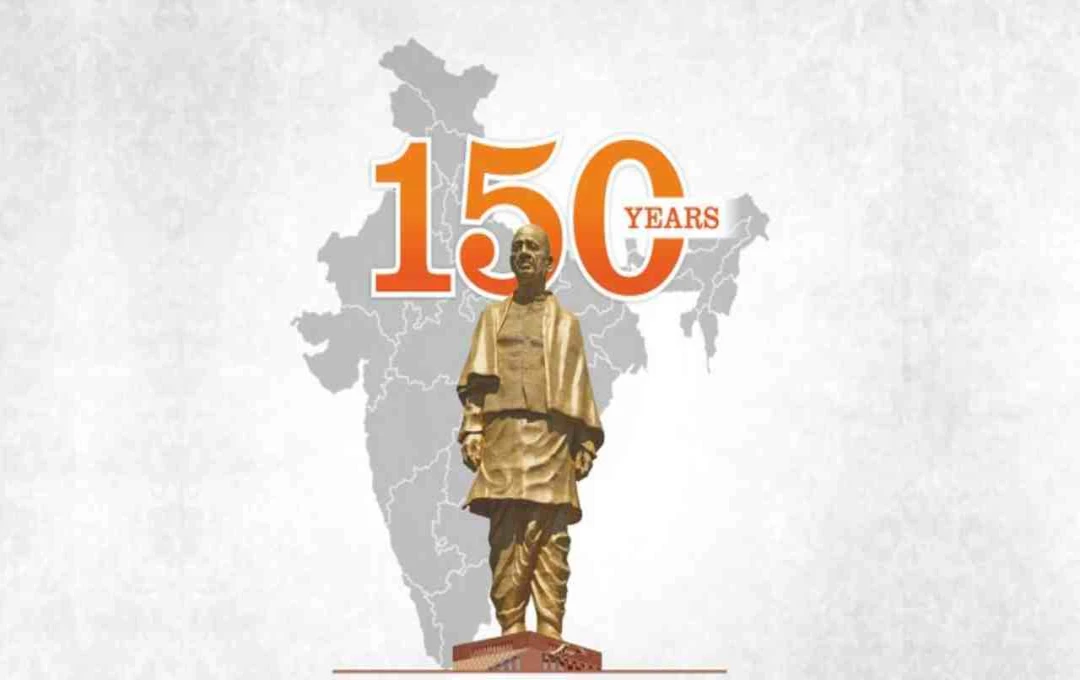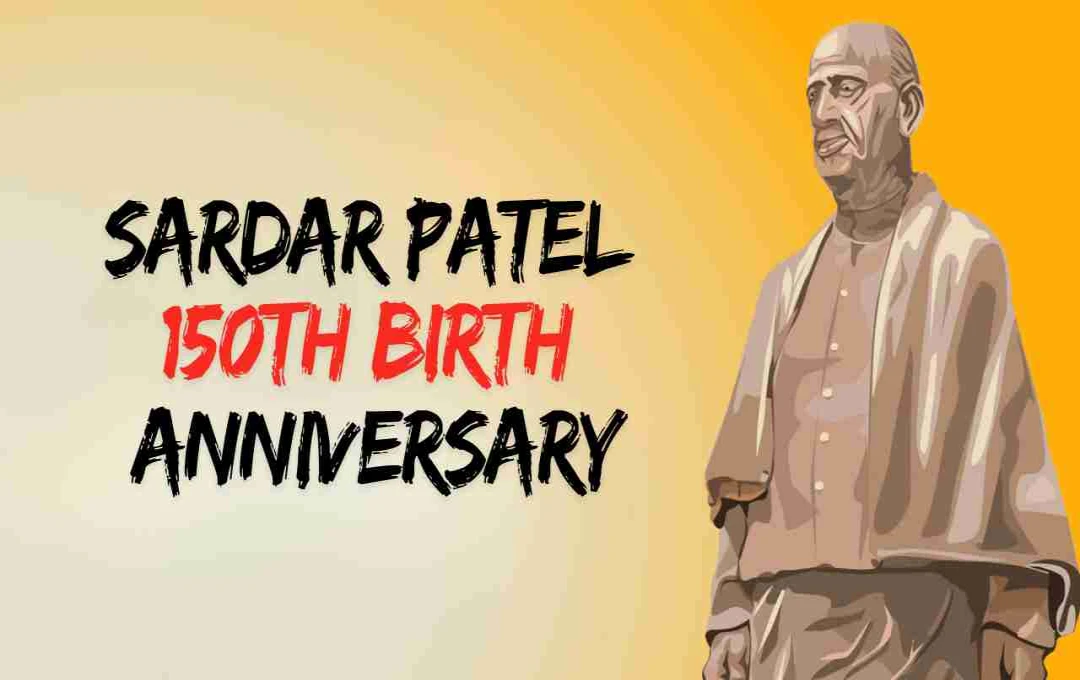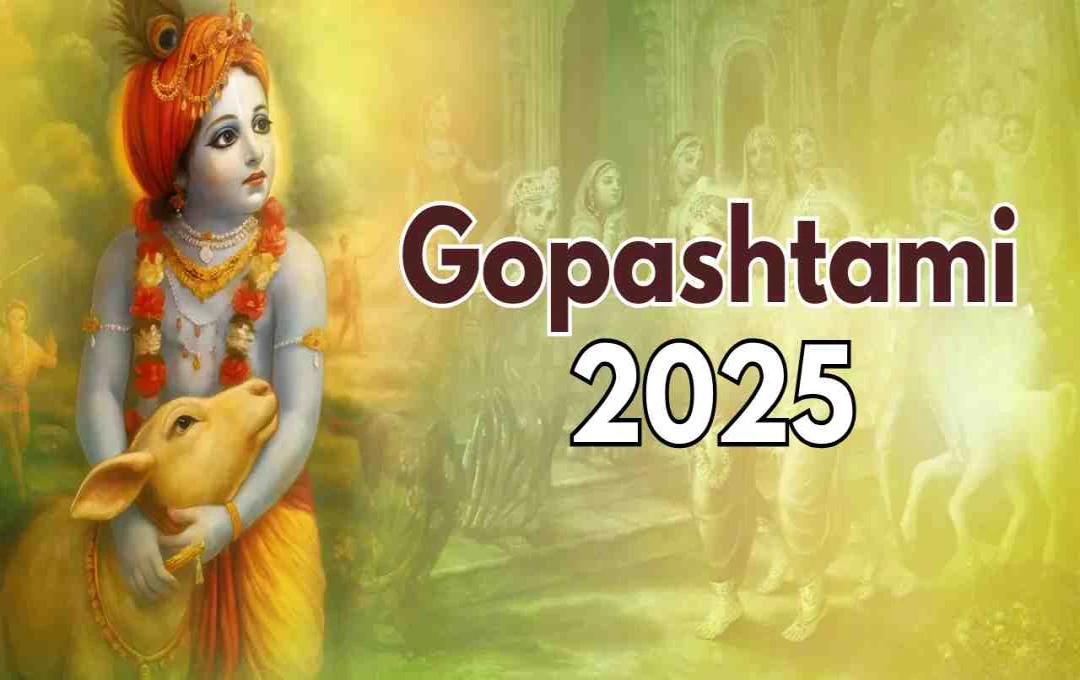The Khatu Shyam Temple, located in Sikar, Rajasthan, is a center of faith for millions of devotees. Khatu Shyam Ji is believed to be the brave Barbareek from the Mahabharata, who sacrificed his head to Lord Krishna. Pleased by this sacrifice, Lord Krishna blessed him to be worshipped before Himself in Kaliyuga, which is why he is known as 'Hāre kā Sahārā' (the support of the defeated).
Khatu Shyam Story: Thousands of devotees visit the Khatu Shyam Temple in Sikar district, Rajasthan, every day. Here, the brave Barbareek of the Mahabharata era is worshipped as Khatu Shyam. It is believed that Lord Krishna asked Barbareek for his head before the war, and pleased by his extraordinary sacrifice, blessed him to be worshipped by the name 'Shyam' in Kaliyuga. This temple is especially considered a symbol of hope for the defeated and disheartened devotees, as it is believed that all wishes of those who sincerely utter the name of Baba Shyam are fulfilled.
The Unique Story of Barbareek, the Brave Warrior of Mahabharata
The Khatu Shyam Ji Temple, located in Sikar district, Rajasthan, is today a major center of faith for millions of devotees. Every day, thousands of pilgrims arrive here to bow their heads at the court of Baba Khatu Shyam. Devotees call him by names such as "Hāre kā Sahārā" (support of the defeated), "Sheesh kā Dānī" (donor of the head), and Krishna of Kaliyuga. It is believed that Khatu Shyam Ji is the deity who helps even the most disheartened individuals overcome their difficulties. His devotees say that when all paths seem closed, the name of Baba Shyam is the ultimate recourse.
But who exactly was Khatu Shyam Ji? And why did Lord Krishna grant him the extraordinary boon that he would be worshipped before Krishna himself in Kaliyuga? The answer to this question lies in a unique tale from the Mahabharata era, which conceals a deep message of sacrifice, devotion, and righteousness.
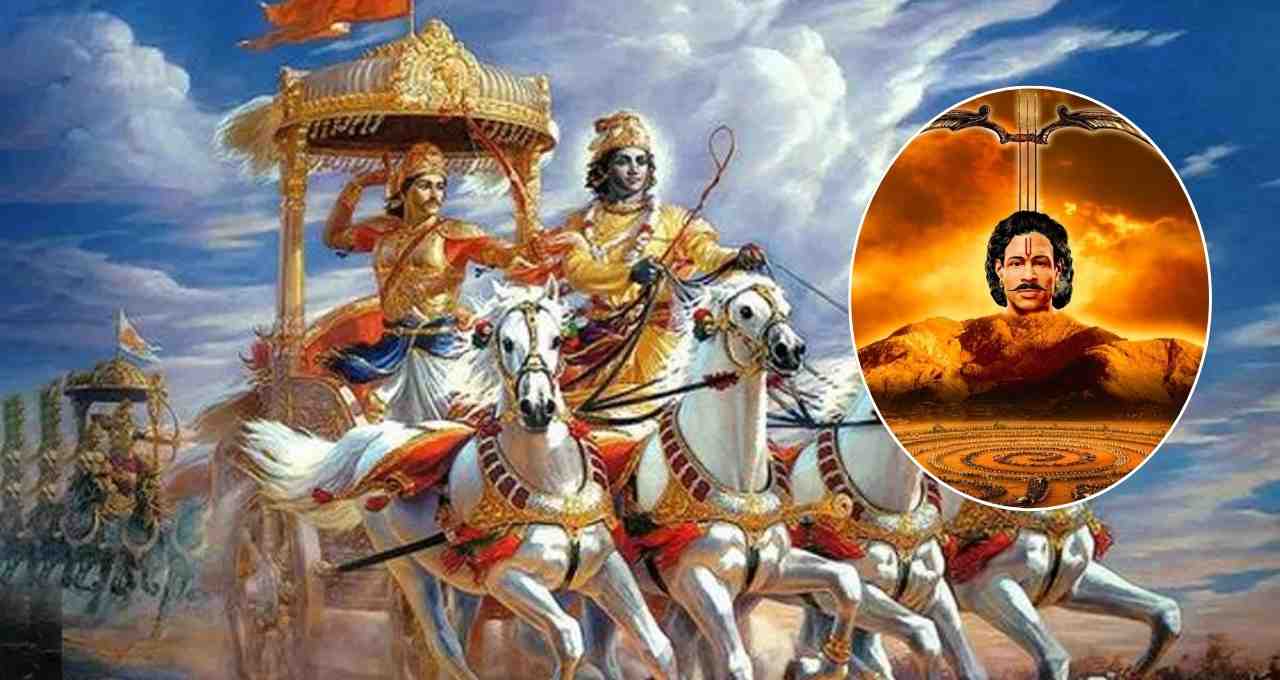
A Warrior of the Pandava Dynasty and Master of Three Arrows
According to the legend, Khatu Shyam Ji was indeed the brave Barbareek of the Mahabharata era. He was the grandson of the Pandavas and the great-grandson of the mighty Bhima. His father was Ghatotkacha, and his mother was Morvi. From birth, Barbareek was endowed with incredible strength and divine qualities. It is said that he received three unique arrows from Goddess Chandika, whose power could shake the entire creation. Because of these arrows, he was also known as Teen Baandhari (Bearer of Three Arrows).
The power of these arrows was such that the first arrow identified the enemy, the second bound every target, and the third could annihilate an entire enemy group with just a gesture. This meant Barbareek alone could change the outcome of an entire war in an instant.
The Promise Made to His Mother and the Path of Righteousness
As the Mahabharata war was about to begin, Barbareek also wished to enter the battlefield. Before leaving, he promised his mother that he would always support the losing side. This promise demonstrated his unwavering loyalty and dedication to righteousness. However, this very resolve could have altered the course of the war, as whichever side Barbareek's immense power supported, victory would undoubtedly be theirs.
Krishna's Test and the Great Sacrifice of the Head
Lord Krishna knew that Barbareek's power was unparalleled. If he joined the losing side, which at that point would have been the Kauravas, his support would have fundamentally changed the nature of the war. For this reason, Krishna devised a plan. He approached Barbareek disguised as a Brahmin and asked for alms.
Barbareek, setting an example of bravery and adherence to his word, stated that he would give whatever was asked of him. Testing him, Krishna asked for his head. Even hearing this, Barbareek remained unshaken. Without hesitation, he severed his head and offered it at Krishna's feet.
This sacrifice is considered unique in Indian religious tradition. Hence, he was called 'Sheesh Daanveer' (the heroic donor of the head).
Desire to Witness the War and the Boon of Shyam's Form
After sacrificing his head, Barbareek prayed to Krishna that he wished to witness the entire Mahabharata war. Krishna fulfilled his desire. Barbareek's head was placed on a high mound, and he watched every moment of the war.
After the war concluded, Krishna asked him whose bravery impressed him the most. Barbareek replied that the true power in the war belonged to Krishna; He was orchestrating everything. Hearing this, Krishna was pleased.
He blessed Barbareek that in Kaliyuga, he would be worshipped by the name Shyam. Shyam, a name of Krishna himself, means beautiful, tranquil, and benevolent. Krishna also stated that Barbareek would become the first hope for the defeated and disheartened. Whoever calls upon him with a sincere heart would have their sorrows alleviated and their difficulties overcome. Thus, Barbareek became renowned as Khatu Shyam.
A Center of Faith Even Today
The temple located in Khatu town of Sikar district remains crowded with devotees even today. During the Falguna Mela, millions of devotees visit here for darshan. The temple's atmosphere is filled with devotion and reverence. It is believed that Baba Shyam's head is enshrined within the temple premises, and devotees offer prayers and seek blessings before it.
Shyam Teri Bawdi, Shyam Kund, and grand festivals are hallmarks of this place. Many devotees believe that no one returns empty-handed from the court of Khatu Shyam.
Faith and Lessons
The story of Khatu Shyam holds not only religious significance but also conveys a message of loyalty, sacrifice, and adherence to righteousness. Barbareek's sacrifice illustrates that true dharma is not merely about power, but also about duty and humility.
The blessings and compassion of Khatu Shyam continue to be the foundation of people's hope even today. When difficulties arise in life, it is faith, patience, and devotion that empower the mind. This is why Khatu Shyam is called 'Hāre kā Sahārā' (the support of the defeated).
